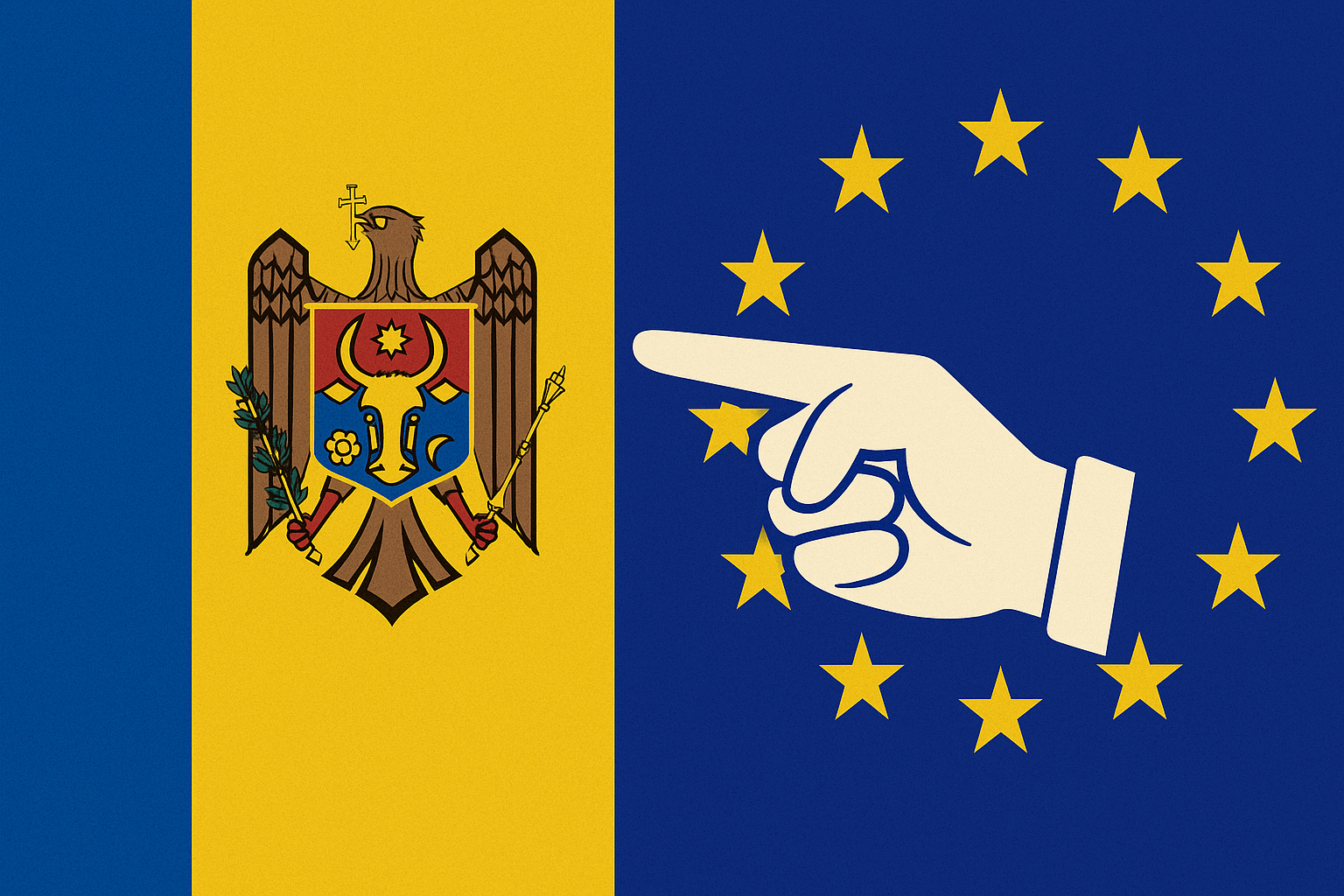Moldova’s President Maia Sandu has warned the European Union against “moving the goalposts” on membership criteria, urging Brussels to maintain a clear and credible path for candidate countries seeking to join the bloc.
Speaking at an event in Brussels, Sandu said that the EU must provide a “finish line” for aspiring members like Moldova and Ukraine, arguing that any delays or uncertainty risk undermining reform momentum and empowering adversaries such as Russia.
“If this is a marathon, it must have a finish line — not moving goalposts,” Sandu said. “Every delay discourages reformers and emboldens those who seek to divide us.”
Moldova’s Push for EU Accession
Moldova and Ukraine were granted EU candidate status in 2022, joining five other countries in the accession process. Both nations have pursued extensive reforms in governance, justice, and anti-corruption efforts, but formal progress has been blocked by Hungary’s veto, which also affects Ukraine’s membership track.
Sandu said her government has enacted significant changes, including judicial reforms and measures to counter Russian disinformation, demonstrating its alignment with EU democratic values. She called for accession talks to be completed by 2028, emphasizing that Moldova’s people “need to see through action that Europe’s door is open.”
EU’s Concerns and Internal Divisions
While Brussels’ latest enlargement report praised Moldova’s reform progress, some EU officials have raised concerns about ensuring new members adhere to democratic standards after joining. Marta Kos, the European Commission’s enlargement chief, said the EU could introduce a “transition period” or “probationary safeguards” to prevent backsliding on the rule of law and media freedom.
Diplomats also note that Hungary’s opposition to enlargement offers cover for other member states wary of the political and economic implications of expanding the bloc.
“History teaches us that Europe’s unity was not born of comfort, but of courage,” Sandu said, invoking the EU’s founding spirit. “What would Europe be today if it had stopped with the first six who founded it?”
Broader European Context
The debate over enlargement comes as Europe grapples with multiple crises, including rising defence spending prompted by Russia’s invasion of Ukraine, fiscal pressures, and growing debt concerns.
According to the International Monetary Fund (IMF), the EU’s average public debt — currently around 82% of GDP — could climb to 130% by 2040 without reforms. The IMF has called on governments to reduce debt through tighter budgets and structural changes, warning of an “explosive” fiscal trajectory if inaction continues.
“Waiting is really costly in terms of what the government and the state can afford,” said Alfred Kammer, the IMF’s Europe director, urging immediate measures to avoid deeper cuts in the future.
A Defining Moment for Europe
As Moldova looks westward, Sandu’s message underscores the stakes for both Brussels and candidate nations. The EU faces the challenge of balancing internal cohesion with its geopolitical imperative to bring in reform-minded neighbours seeking protection from Russian influence.
“We have a narrow but powerful window of opportunity,” Sandu concluded. “Momentum is precious, and must not be lost. Moldova’s place is inside Europe.”








